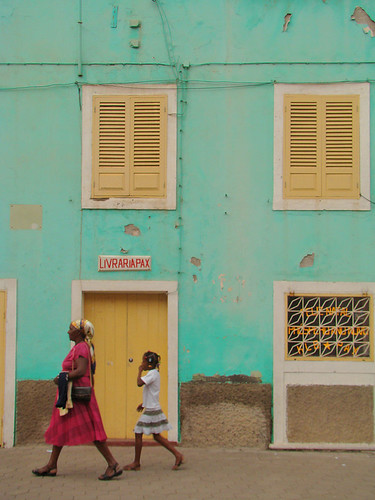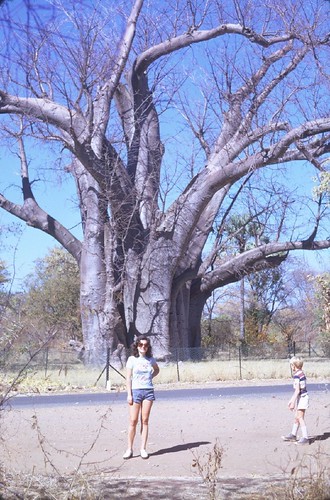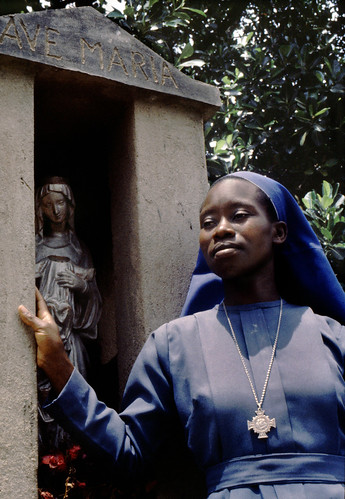Broken Glass is a novel from the Congo (aka the Republic of the Congo aka Congo-Brazzaville; i.e. the smaller of the two Congos, not the one which used to be Zaire). It was translated from French by Helen Stevenson.
It takes the form of the notebook jottings of the customer at a bar called Credit Gone West. Perhaps rather than try to explain:
let’s say the boss of the bar Credit Gone West gave me this notebook to fill, he’s convinced that I – Broken Glass – can turn out a book, because one day, for a laugh, I told him about this famous writer who drank like a fish, and had to be picked up off the the street when he got drunk, which shows you should never joke with the boss, he takes everything literally, when he gave me this notebook he said from the start it was only for him, no one else would read it, and when I asked why he was so set on this notebook, he said he didn’t want Credit Gone West just to vanish one day, and added that people in this country have no sense of the importance of memory, that the days when grandmothers reminisced from their deathbeds was gone now, this is the age of the written word, that’s all that’s left, the spoken word’s just black smoke, wild cat’s piss, the boss of Credit Gone West doesn’t like ready-made phrases like ‘in Africa, when an old person dies, a library burns‘, every time he hears that worn-out cliché he gets mad, he’ll say ‘depends which old person, don’t talk crap, I only trust what’s written down‘, so I thought I’d jot a few things down here from time to time, just to make him happy, though I’m not sure what I’m saying, I admit I’ve begun to quite enjoy it, I won’t tell him that, though, he’ll get ideas and start to push me to do more and more, and I want to be free to write when I want, when I can, there’s nothing worse than forced labour, I’m not his ghost, I’m writing this for myself as well, that’s why I wouldn’t want to be in his shoes when he reads these pages, I don’t intend to spare him or anyone else, by the time he reads this, though, I’ll no longer be one of his customers, I’ll be dragging my bag of bones about some other place, just slip him the document quietly before I go saying ‘mission accomplished’
That’s the whole of the first chapter; the entire book is written without full stops in this way as long, run-on sentences. Generally it’s a pretty effective device, though at times it can be a bit tiring to read.
The first few chapters tell the stories of other customers at the bar, and then the second half of the book concentrates on Broken Glass’s own life, and how he went from being a school teacher to a drunkard. As the material becomes more personal the tone shifts from comic to melancholy, and the book ended up being more moving than I would have expected after the first couple of chapters.
I heard Mabanckou interviewed on the radio (or a podcast?) and one thing he said was that he didn’t particularly want to write about politics. Well, that’s fine by me. Over the course of reading books from every African country I can see that I’m likely to read an awful lot about civil war and dictatorship, both because that’s a real part of the African experience and because it is the kind of thing that is likely to attract Western publishers; so it’s good to read more personal narratives as well.
Broken Glass is my book from Congo for the Read The World challenge.
» the photo is 032_BIERE NGOK, uploaded to Flickr by & © jmlaurent.




